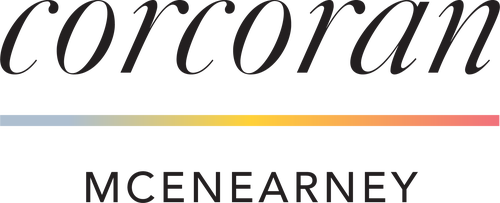Economic signs point to some financial breaks for homebuyers through the end of 2024 into 2025.
September brought several positive changes to the real estate market for homebuyers, including the Federal Reserve’s decision to cut rates for the first time in more than four years, an improvement in the home affordability index by 4.1%, and an increase in household income by 3.1%.
There are even signs that home prices, while still continuing to rise in markets with limited housing inventory, are increasing at a slower rate, reporting just a 0.01% uptick for the most recent report in July. Even better news for homebuyers in our region, seasonally adjusted monthly price changes from June 2024 to July 2024 were down by -0.7 percent in the South Atlantic division. Both presidential candidates have also announced their plans to increase housing affordability, following up President Biden’s White House proclamation in May with initiatives for tax credits, cash grants, elimination of some fees on federally-backed mortgages.
While homebuyers in our area are definitely feeling the effects of a strong seller’s market, these small but steady shifts mean that those in the market to buy in the near future have reasons to be hopeful that a home purchase is within reach…with a bit of planning and a smart buying strategy.
Determine Your Budget & Timeline
Homebuyers should start their strategic planning by taking a detailed look at their monthly income and expenses along with their timeline for making a move, reviewing how much they need to save on a monthly basis to ensure that short, intermediate, and long term savings goals are funded.
“There are many people who will give you the ‘Starbucks Example’ of savings and advise, ‘Just cut back on your weekly Starbucks runs, put that money into savings and you’ll start to see your nest egg grow,’” explains Chris Woods, a Certified Financial Planner and Founder of Silvis Financial. “But it’s the overspending on the Big Ticket items (like vehicles and vacations) that can significantly hamper someone’s ability to save money over the immediate long term. These are some of the most consequential financial choices you can make and it’s important to think through and plan for the impact it will have on your household budget for the years and decades to come.”
In addition to keeping an emergency fund of 3+ months of monthly expenses to cover unexpected and one time expenses, Woods advises buyers to consider other life events and goals that they might also be saving for: a vehicle, wedding, children, tuition, travel, monetary support for family members.
“A hefty, fixed monthly mortgage payment can keep you from saving for some of your life goals and limit the discretionary spending on activities that you love to do,” says Woods. “A more manageable mortgage payment will give you margin in your budget in the event that your expenses increase or your income decreases down the road.”
Build a Nest Egg
As to how to help savings grow, Woods suggests that buyers who are looking to purchase in the next 3-12 months should put their money into a high-yield savings account, adding that sometimes online savings accounts will offer higher interest rates than brick-and-mortar institutions. He suggests checking out options at NerdWallet, an online resource for many financial milestones and experiences.
For a longer timeframe, say up to 3 years, Woods suggests parking cash in FDIC-insured CDs. Keep in mind that as the Fed continues to cut rates, CD returns will also decrease, and locking in a rate now can ensure a higher return.
Line Up Your Financing
The next step in a buyer’s strategy is connected with a local lender or their current financial institution to determine a budget, clear up any credit or debt issues, and establish a timeline for the homebuying process. One reason to consider working with a local lender over a national bank is their knowledge of local programs that can provide additional money and grants to buyers who qualify. (Tip: Realtors® are a fantastic resource here, too, and can help buyers find a great lender to speak with.)
“Be firm in what you know you can afford before a lender tells you what you qualify for,” advises Woods. “This is important because a lender will look at a buyer’s income and current debt to determine the amount of loan they would qualify for, but those ratios aren’t taking into account savings and financial goals along with discretionary spending.”
Woods advises that when trying to determine how much a buyer can afford, factor in all these items alongside known fixed costs to determine how much to spend on a mortgage payment.
He shared a story about clients who looked for properties that were 20% less than what they qualified for, which allowed them to continue to fund their other financial goals while also giving them flexibility if they found themselves competing for a home and needed to escalate their offer.
A reminder for renters: utilities, parking, condominium/HOA fees, and other housing expenses are often built into the monthly rental amount. Being able to afford $3,000 in rent doesn’t necessarily mean that the same $3,000 for a mortgage is equally affordable.
Buying a home involves many moving pieces but it doesn’t have to be overwhelming. Whatever your plans are, start a discussion now with one of our expert McEnearney Associates | Middleburg Real Estate | Atoka Properties Realtors® about getting started on the path to home ownership.
Take a look at our website for all of our listings available throughout Washington, D.C., Maryland, and Virginia.
Don’t miss a post! Get the latest local guides and neighborhood news straight to your inbox!

 Facebook
Facebook
 X
X
 Pinterest
Pinterest
 Copy Link
Copy Link






